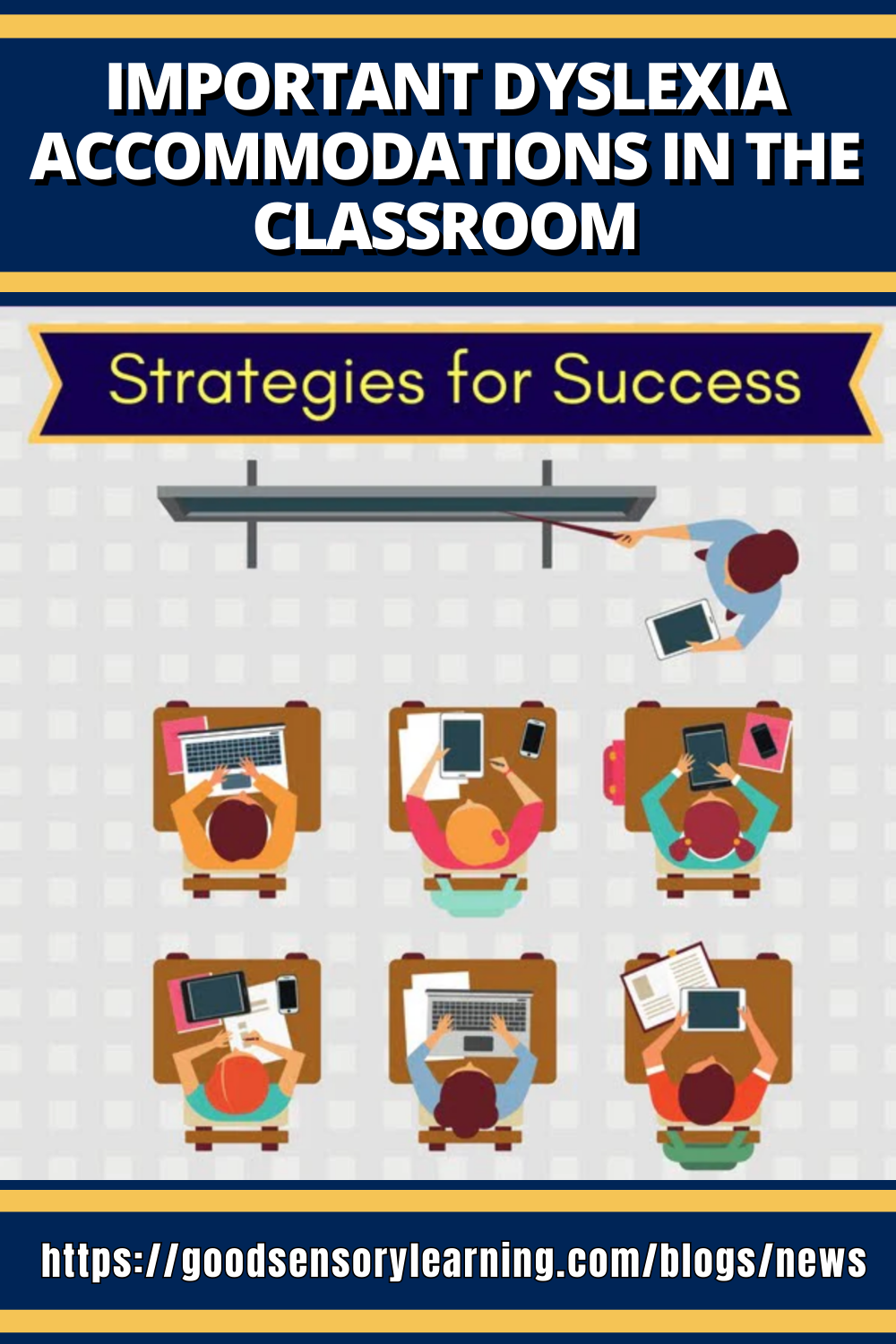Slow and Labored Reading: Causes and Solutions for Dyslexia and More
Slow and labored reading can make schooling a drag for many bright students, and to truly help these struggling learners, teachers and support personnel need to understand the root causes. The problem is that each student has their own unique contributing factors. As a result, the best way to serve each student is to begin with an investigation.

What are the Three Main Causes of Slow and Labored Reading?
 |
| Three main causes of slow reading. |
1) Cognitive
Deficits or weaknesses in key cognitive processing areas can point to a root cause of slow and labored reading. Common areas of deficit that can impact reading speed are:

- Auditory processing
- Visual processing
- Memory
- Processing speed
- Executive functioning and attention

2) Physical
Discomfort in the physical process can also make the process of reading difficult, and it can minimize the practice needed. For some learners, the reading process is:
- Exhausting: Some report that reading is wearisome for the eyes and can even make them feel sleepy.
- Uncomfortable and annoying: Others find the reading process boring, tedious, and aggravating.
- Overwhelming: Many individuals complain that they are visually overwhelmed by small or dense text.
3) Emotional
The pairing of negative emotions with reading can also impact one's reading.

- Learned helplessness: When students feel a sense of learned helplessness from repeated failure, they can give up and avoid reading altogether.
- Adversity: When reading becomes associated with adversity, students can experience the 3 Fs. 1) Fight - They will refuse to read. 2) Flight - They will walk away or even hide books. 3) Freeze - They seem unable to process the written word.
- Feelings of inadequacy: When students feel that they are deficient readers, they can become passive learners, and their fear of failure can become a self-fulfilling prophecy.

Once Difficulties Have Been Uncovered, Also Look at each Student's Strengths:
Defining a student's strengths it can help to uncover the needed tools that can be used to help each student work around challenging areas. Like a detour, students can often learn to use other parts of the brain to assist them. For example, a student may have poor reading comprehension but a strong mind's eye. Some explicit instruction can assist them in applying this talent to reading.
Whose Responsibility is This?
Many teachers and parents do not have the time and resources to provide this detailed analysis for each of their struggling learners, but support personnel, such as special education teachers and psychologists, can help. In addition, if students are working with an outside educational therapist or learning specialist, they, too, can be a valuable resource.
Once Contributing Factors and Strengths are Defined, What Can Teachers and Parents Do?
Once deficits and strengths are defined, teachers and parents can help these learners develop and utilize the needed strategies. Here is a comprehensive list of possible methods to choose from:
- Be patient and provide a supportive, appealing learning environment. To read more, CLICK HERE.
- Help students develop their capacity to visualize. This can assist students in maintaining focus and improving memory.
- Teach students mindfulness, so they have greater control over their concentration while reading.
- Use assistive technology.
- Text-to-speech or books on tape can be used in one of two ways. Students can listen and make a conscious effort to visualize what they are hearing, or they can scan words while listening to improve whole word recognition.
- Tracking devices help the eyes to move in a fluid, forward motion from one line of text to another.
- Color overlays or lenses can change the background color so that the visual process of reading is less agitating.
- Color and font type adjustments can make the reading process easier to decode words. Students can select and adjust the text to meet their own preferences
- Provide remedial reading instruction. Some students need alternative, multisensory reading instruction using an Orton-Gillingham-based reading program. One of my favorite OG reading programs is Nessy.
- Do cognitive remedial activities that help to strengthen weak areas of cognition. You can find a large selection of these tools at Good Sensory Learning.
- Provide reasonable accommodations: When students have diagnosed learning disabilities, they can pursue a 504 or IEP designation that can provide mandated assistance. Some options include:
- Readers for tests
- Books on tape
- Tracking software
- Extended time
- Offer pages with fewer words for those who get visually overwhelmed. Limiting the amount of text on each page can be very helpful.
- Present instruction on higher-order language, such as inferences.
- Make reading fun by integrating reading games.
- Start each student at the right level, so they can experience success.
- Help students discriminate between important and unimportant details.
- Improve sight word recognition.
- Improve vocabulary by exposing students to more words, so they can be easily recognized when reading.
- Teach skimming strategies so that students can quickly find main ideas and details when reading.
- Help students read with the mind instead of subvocalizing each word.
Cheers, Erica
Dr. Erica Warren is the author, illustrator, and publisher of multisensory educational materials at Good Sensory Learning. She is also the director of Learning to Learn and Learning Specialist Courses.
- Blog: https://goodsensorylearning.com/blogs/news
- YouTube Channel: https://www.youtube.com/user/warrenerica1
- Executive Function Podcast: https://goodsensorylearning.com/pages/the-personal-brain-trainer-podcast-with-dr-erica-warren
- Store: http://www.Goodsensorylearning.com/
- Courses: http://www.learningspecialistcourses.com/
- Newsletter Sign-up: https://good-sensory-learning.kit.com/drericawarren





Leave a comment
This site is protected by hCaptcha and the hCaptcha Privacy Policy and Terms of Service apply.